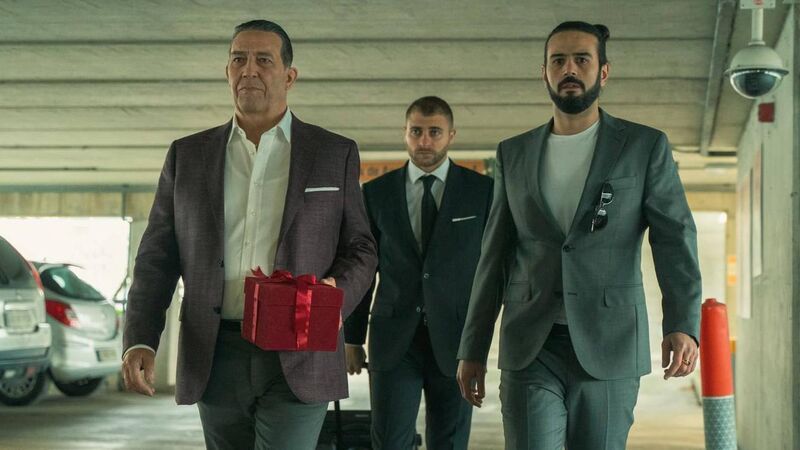Jump in tv and film productions using tax incentives

Crime drama 'Kin', which starred Ciarán Hinds and Emmet Scanlon, utilised the Section 148 tax credit.
Netflix movie starring Lindsey Lohan, season 2 of Irish crime drama and a co-production between Lithuania, Ireland, and Latvia called were among the productions that cashed in on an attractive Irish film tax break this year.
Section 481 offers a 32% corporation tax credit and is available for eligible spending on a film or television programme produced in Ireland, 80% of the total cost of the production of the film or €70m.











